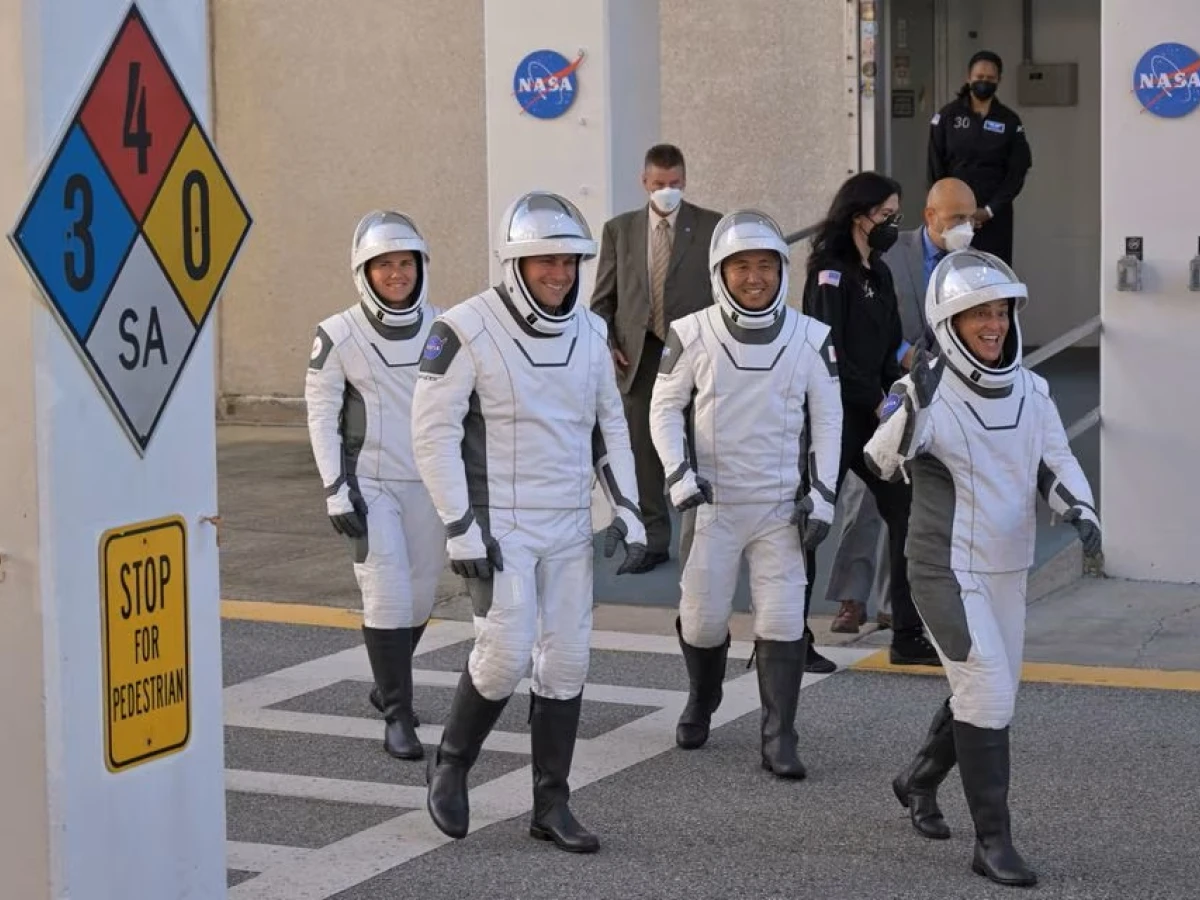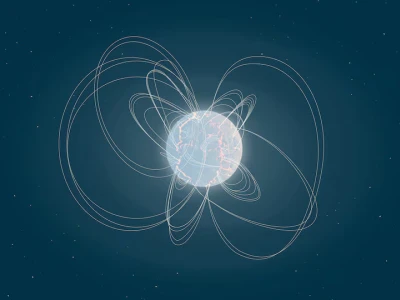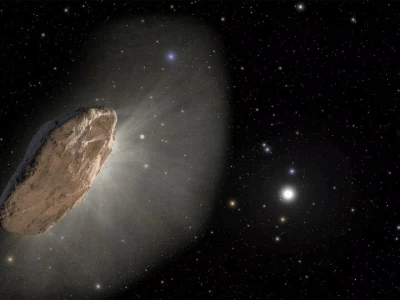
SpaceX capsule returns crew of four from space station mission
NASA pilot Josh Cassada, 49, and Japanese astronaut Koichi Wakata, 59, a veteran of four previous spaceflights, were also aboard.
WASHINGTON, March 11 (Reuters) - Four crew members aboard a SpaceX Crew Dragon capsule splashed down off Florida's Gulf coast on Saturday, returning safely from a five-month science mission on the International Space Station.
The SpaceX capsule, dubbed Endurance, parachuted into waters off the coast of Tampa just after 9 p.m. EST (0200 GMT) carrying two NASA astronauts, a Japanese astronaut and one Russian cosmonaut after a roughly nine-hour flight from the orbital research lab, a NASA-SpaceX webcast showed.
The Crew-5 team launched from Florida on Oct. 6 to conduct routine science aboard the station. It included cosmonaut Anna Kikina, 38, who became the first Russian to fly on an American spacecraft in 20 years, and NASA flight commander Nicole Aunapu Mann, 45, the first Native American woman sent into orbit.
NASA pilot Josh Cassada, 49, and Japanese astronaut Koichi Wakata, 59, a veteran of four previous spaceflights, were also aboard.
The Crew Dragon spacecraft, a gumdrop-shaped pod designed to launch atop SpaceX's Falcon 9 rockets, undocked from the space station early on Saturday morning and re-entered Earth's atmosphere around 8:11 p.m. EST (0111 GMT Sunday), enduring frictional heat that sent temperatures outside the capsule soaring to 3,500 degrees Fahrenheit (1,930 degrees Celsius).
Two sets of parachutes deployed to brake the capsule's descent to 15 miles per hour (24 kilometers per hour) just before splashdown.
The mission was SpaceX's sixth crewed flight for NASA since its Crew Dragon spacecraft first flew humans in May 2020, when it restored crewed launches from American soil after nearly a decade of U.S. dependence on Russia's Soyuz program for space station flights.




